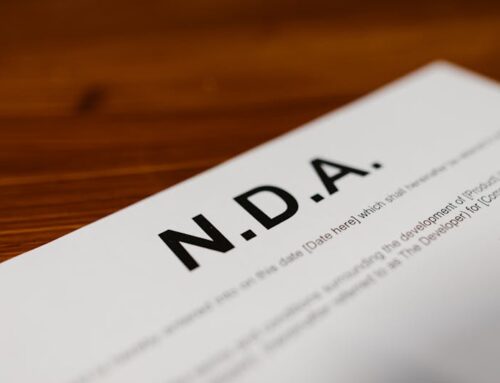Sometimes the buyer can’t get financing approved to buy your HVAC company. Should you help by doing a seller-financed deal?
The mere thought of having one of his sellers finance the buyer’s transaction makes him grimace. Not because it’s the wrong decision (depending on the situation). It’s because it shifts the risk from the bank to the seller. A seller financing their own deal probably means they did a poor job of keeping accurate books and nobody else is willing to lend for an unknown business or the buyer is not financially able to qualify. And that’s the reason for Patrick Lange’s reaction to a seller-financed deal.
“I tell my sellers that make sure you are ok with the first payment from the buyer, because it may be your last.” If the buyer defaults on the loan, it’s because they have mismanaged the business and probably chased customers away. It’s never a good situation when the seller has to drag the buyer to court to take back a business they thought they sold.
So if you are forced to seller finance or just really, really want to sell to someone that can’t get financing on their own, here’s how to do it.
If you are going to be the bank, you should use some of the same qualifiers that bankers use.
Pull a credit report
With the buyer’s consent, order a credit report. You are looking for details and behavior that determine if this person has a history of repaying debts and how long it takes. Most banks are looking for at least a 700-750 credit score. The less the score, the more the risk of defaulting on your loan.
Sizable down payment
The seller should ask for 25-35% as a down payment. You want to make sure the buyer has something to lose if they default.
File a lien
It’s important to file a UCC lien. Doing this records your security interest in the asset you are selling.
Assign the house as collateral
If you are financing the whole deal, ask the buyer for a trust deed in their home. If they default, you have some recourse, although you may be in 2nd position behind the mortgage lender.
Demand automatic drafts
Your purchase sale agreement should indicate loan payments are sent via automatic bank draft. Getting paid on the first of the month via bank debit means you get paid before anyone else. If there are insufficient funds, you will be first in line when enough money is available in the account. This is a far superior way to get paid versus waiting for a check at the mailbox that never comes.
Schedule regular financial reviews
A bank would require regular inspection of company books. You should do the same. Tracking performance and making sure collateral is maintained at minimum levels means you can be more proactive in spotting coming cash flow issues that may affect repayment.
Now for the good news. As Thomas Jefferson said, “With greater risk comes greater reward.”
You should be able to sell the business for its full asking price. There’s also the interest income. Buyers turn to the seller because they don’t qualify for traditional bank lending. As a result, the seller can charge higher interest because of the inherent risk that the bank passed on.
Lastly, there may be significant tax benefits to realize. If a seller gets paid in full, it may push them to a higher tax bracket. In some areas, it may be as much as 41% in combined state and federal taxes. However, if you receive payments over time, it may keep you in the lower tax bracket because you are only taxed on the monies you receive. The savings get bigger with the size of the transaction.
So, can you finance the sale of your business and do a seller-financed deal? The answer is yes, but should you? Lange advises looking for a buyer that can obtain his own financing and so the seller can be out of the transaction as soon as possible, He concludes “Seller financing remains an option but is it advisable? For most sellers, probably not.” He says.
 About :
About :
Patrick Lange is an experienced HVAC specific business broker with Business Modification Group based in Horseshoe Beach, Florida. He has a unique background in financial planning and has even owned an HVAC business himself. This makes him well suited to working with some of the most successful HVAC business owners in the country. Specializing in companies with 1-10 million dollars in revenue, he maintains a network of buyers and sellers in the industry. He has sold more HVAC businesses than any other broker in the United States over the last 12 months and is currently the Vice President of the Business Brokers of Florida (North Florida District.)



 About :
About :




Leave A Comment
You must be logged in to post a comment.